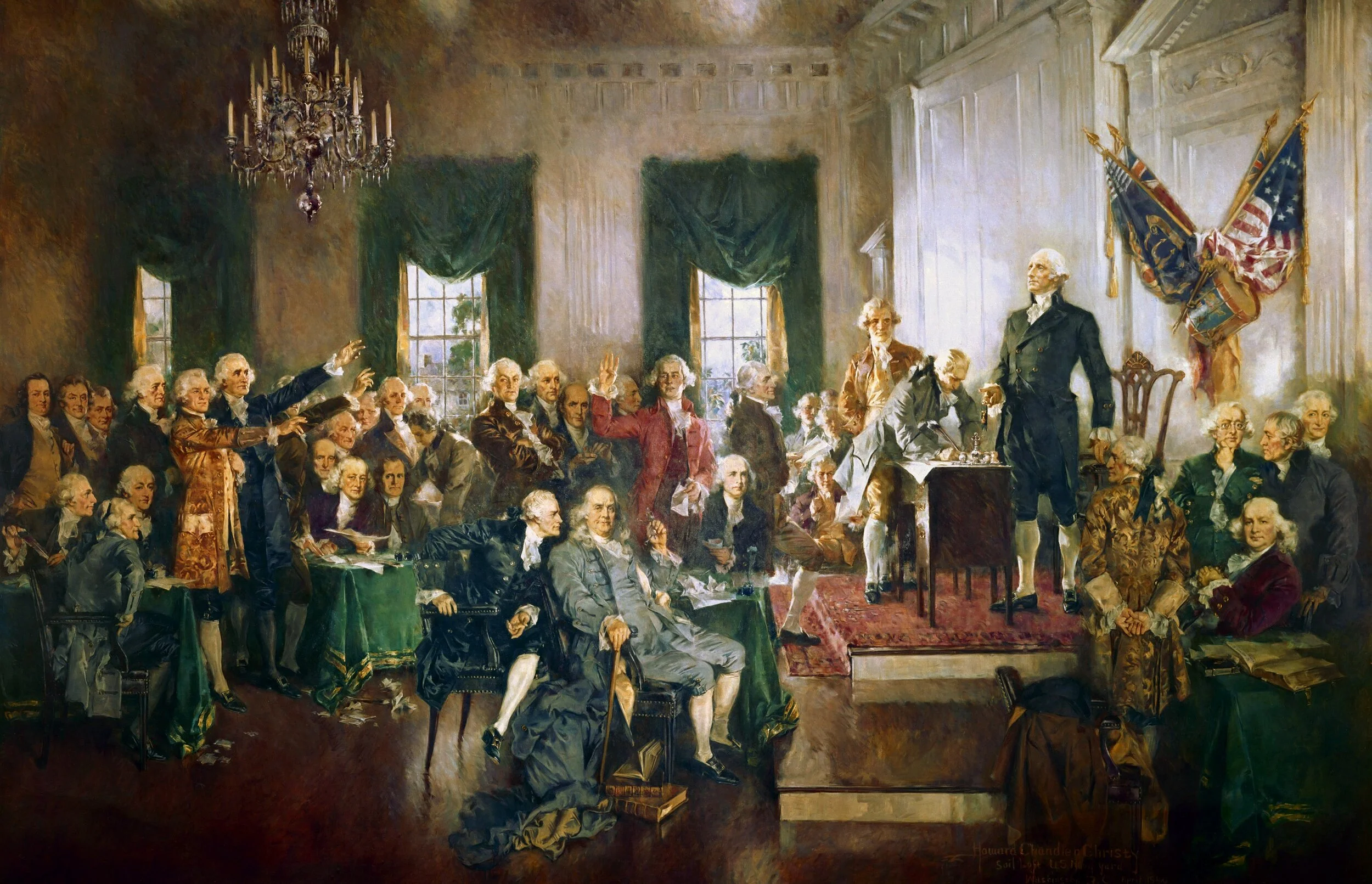LRTC: The supreme law of the land
/Article. VI.
All Debts contracted and Engagements entered into, before the Adoption of this Constitution, shall be as valid against the United States under this Constitution, as under the Confederation.
This Constitution, and the Laws of the United States which shall be made in Pursuance thereof; and all Treaties made, or which shall be made, under the Authority of the United States, shall be the supreme Law of the Land; and the Judges in every State shall be bound thereby, any Thing in the Constitution or Laws of any State to the Contrary notwithstanding.
The Senators and Representatives before mentioned, and the Members of the several State Legislatures, and all executive and judicial Officers, both of the United States and of the several States, shall be bound by Oath or Affirmation, to support this Constitution; but no religious Test shall ever be required as a Qualification to any Office or public Trust under the United States.
I read this in 0:54.
This section has a high rate of gobbledygook in it. You have to wonder what a good high school literature teacher would think if a student turned in an essay as convoluted and unnecessarily complex as the middle paragraph here.
Article VI makes the national government more powerful than the states. Some folks like to claim that the US is a bunch of free and independent states that decided to create a national government to take care of a few limited things, sort of on the side, without diminishing each state’s sovereignty. Article VI blows this out of the water. It says that not just the constitution itself, but also “the laws . . . which shall be made” are “the supreme Law and the Land.”








